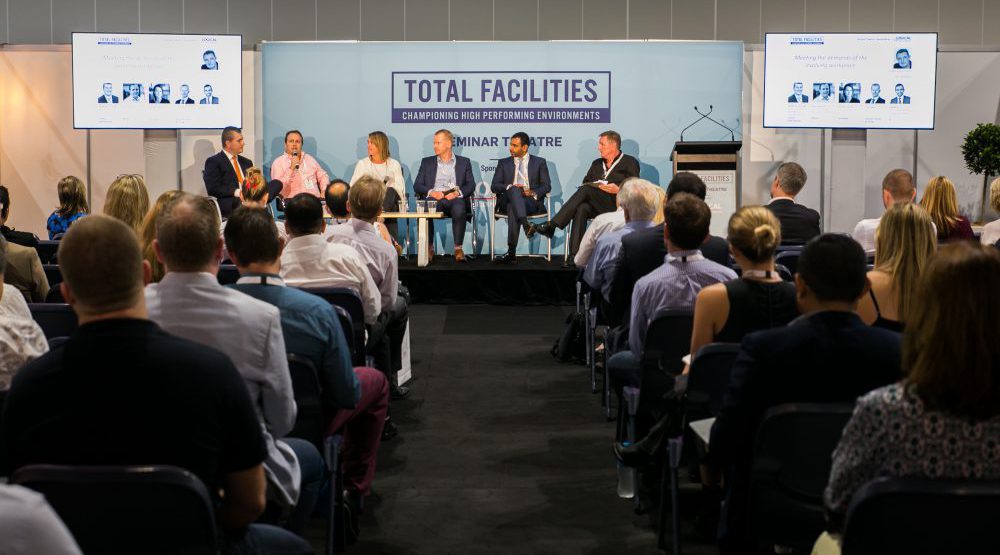
More facilities management (FM) professionals will receive a pay rise this year than last, but it will be a less significant increase than they hoped for.
According to the FY 2019/20 Hays Salary Guide, released today and based on a survey of more than 3400 organisations, 90 per cent of employers will increase salaries in their next review, up from 87 per cent who did so in their last review.
However, the value of these increases will fall. Almost two-thirds (65 per cent) intend to raise salaries at the lower level of 3 per cent or less, up from 57 per cent who did so in their last review.
At the other end of the scale, 4 per cent of employers, down from 9 per cent, intend to grant pay increases of more than 6 per cent.
Professionals prioritise a salary increase
For their part, 27 per cent of the professionals Hays also spoke to expect no increase whatsoever and a further 41 per cent expect 3 per cent or less.
Yet while these professionals anticipate little or no increase, they’re not going to sit idly by and accept it.
More than half (57 per cent) say a salary increase is their number one career priority this year. 46 per cent intend to achieve this by asking for a pay rise, while others are looking elsewhere – 41 per cent of jobseekers say their uncompetitive salary provoked their job search.
“Tug of war over salaries”
“Evidently, the aggregate effect of several years of sedate salary increases is taking its toll and we’re now seeing a tug of war over salaries,” said Austin Blackburne, regional director of Hays Facilities Management.
“On the one hand, we have professionals telling us they’ve prioritised a pay rise and are prepared to enter the job market to improve their earnings. On the other, employers tell us they want to add to their headcount and are being impacted by skill shortages, yet they plan to curtail salary increases.
“There is one notable exception. In response to the resurgence of the mining sector, more FIFO FM roles are available and salaries are increasing. In addition, a growing number of exploration camps require village managers and project personnel, which further adds to demand.
“For all other roles, even for skills in high demand, salaries remain fairly stable. The expectations from employers may be increasing, but the high competition between service providers and growing desire to gain value from candidates is limiting the value of salary increases.”
In other key findings, the 2019-20 Hays Salary Guide found:
- Flexible work practices are the most common non-financial benefit offered – by 83 per cent of employers – ahead of ongoing learning & development (offered by 70 per cent) and career progression opportunities (62 per cent);
- 67 per cent of organisations offer flexible salary packaging. Of these, the most common benefit is salary sacrifice, offered by 55 per cent of employers to all employees. This is followed by above mandatory superannuation (offered by 37 per cent of employers to all their employees), parking (33 per cent), bonuses (27 per cent) and private health insurance (26 per cent);
- Of the benefits offered to a select few employees, private expenses tops the list, with 70 per cent of employers offering it to a hand-picked number of employees;
- 68 per cent of employers said business activity had increased over the past year, with 70 per cent expecting it to increase in the next 12 months;
- 47 per cent intend to increase permanent staff levels over the coming year;
- 70 per cent say skill shortages will impact the effective operation of their business or department in either a significant (28 per cent) or minor (42 per cent) way, up from 67 per cent last year;
- 54 per cent of employers are restructuring to keep up with changing business needs – the key driver of these restructures is a change in the required skill sets;
- In skill short areas, 57 per cent of employers would consider employing or sponsoring a qualified overseas candidate.
Comment below to have your say on this story.
If you have a news story or tip-off, get in touch at info@3.106.117.80.
Sign up to INCLEAN’s newsletter.




